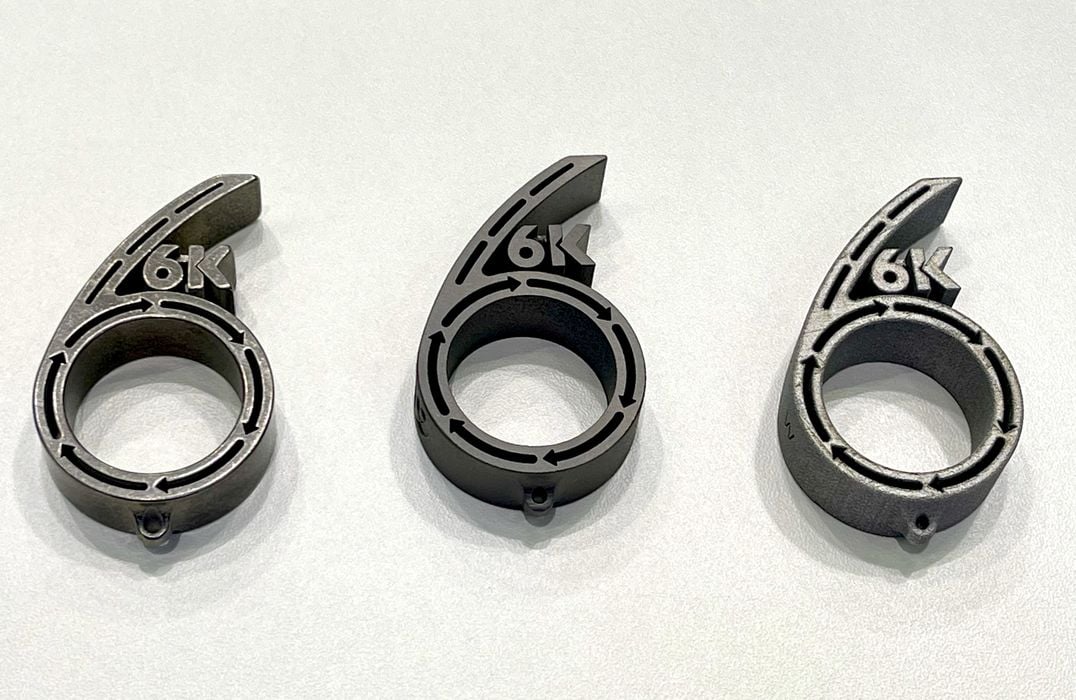
6K Additive is set for expansion.
I spoke recently with 6K Additive representatives about their latest developments, and found out some interesting facts.
6K Additive has developed and operates a unique microwave-based process to efficiently produce very high quality metal powder suitable for metal 3D printing. One of their process’ unique features is the ability to make direct use of metal scraps as raw material. Traditional powder-making processes often require more pure raw materials, which generates considerable waste.
A number of developments have occurred with the company in recent months:
- They acquired Global Metal Powders, a powder provider that will enable them to expand their operations consdierably.
- They’ve partnered with Metal Powder Works to produce new copper alloys, pure copper and bronze metals for additive manufacturing use.
- They received a recycling certification from SCS Global for their powder production process.
- They received a US$23M grant to assist development of up-cycling metals for the US Department of Defense.
The latter point is most interesting, and let me explain why.
You might be aware that there are a number of military conflicts underway in several parts of the world. These events tend to consume military gear, and also trigger those not involved to produce more military gear.
The production of that equipment requires metals, and some of these metals are now considerably harder to source. One of them is titanium, a very strong, but also lightweight metal. Those are highly desirable properties for military equipment.
Here’s where it gets important: it turns out that Russia produces (produced?) 13% of the world’s titanium sponge, a precursor to titanium metal. Russia has been severely sanctioned for their invasion of Ukraine, and this has affected the ability to obtain titanium.
The result is the price of titanium has risen, and that’s not good for militaries that now require piles of new equipment made from titanium.
This is where 6K Additive comes in. Their process is able to absorb titanium scraps and produce high quality titanium powder for additive manufacturing. In other words, obsolete military gear can be transformed into new and more effective military gear, or at least the titanium parts.
That’s why the US DoD is extremely interested in 6K Additive’s process, and why they’ve invested in development of sustainable metal recycling. They will have far less need to acquire Russian titanium.
This will help their military efforts, but also help everyone else: the price of titanium, or other metals used in additive manufacturing, should eventually stabilize and perhaps even drop as increased recycling occurs.
Via 6K Additive
